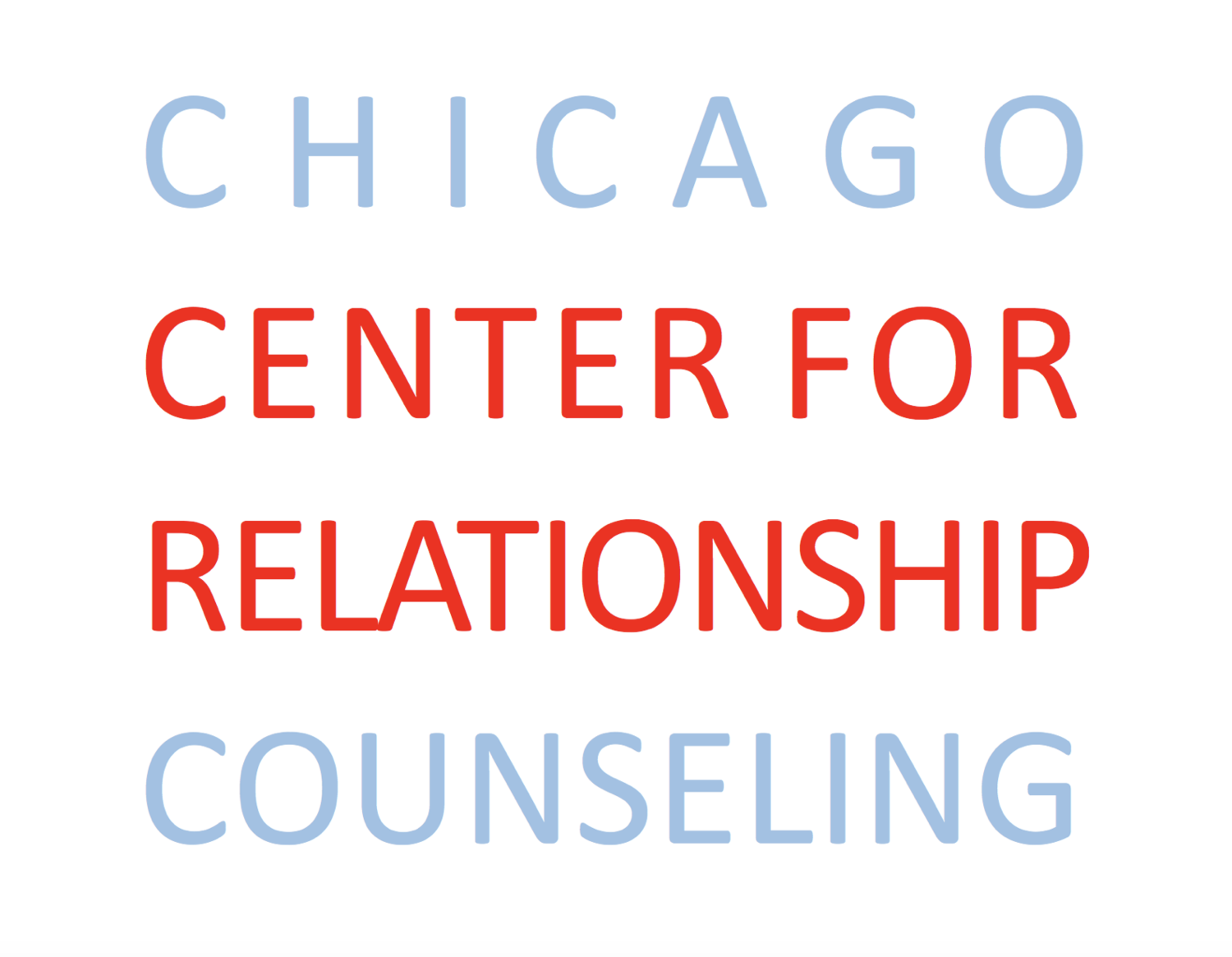When I’m trying to understand human problems, I like to look at evolution. Homo Sapiens started showing up between 200,000 and 300,000 years ago. Our earliest ancestors may have started showing up 7 million years ago. Our survival as a species has depended on developing traits that help us solve problems so we can procreate and send along another generation. Like many interesting models, it sometimes makes more sense when we look at it broadly. When we get close up, and look at the day-to-day impact, it can be more confusing.
Depression is on the rise in America. It is a complicated and confusing condition. Jonathan Rottenberg , a psychologist and mood researcher, has made an eloquent case for the evolutionary use of depression. It is a natural recovery process after a setback, or loss. It’s defined by low energy, low mood state, and a desire to isolate. It also clears the mind and integrates lessons learned from mistakes so that new plans and goals can be developed fully.
A mood is a collection of feelings, thoughts and behaviors. We usually think of moods being good or bad. In America we strive for an up mood. In fact, we strive for happiness. Happiness is an elevated mood state. It’s a peak experience. We don’t tolerate low mood states well in America.
Rottenberg believes depression is a time to recover after a setback, or failure to achieve a goal. It’s a low energy time to recover emotional and cognitive resources. It takes away your ambition and lets you reset so that you can learn from your mistakes, or reflect on the impact of a loss. It’s needed. If we accepted it as a state that leads to new wisdom, we wouldn’t fear it. We’d see it as important. People could let each other know when they were feeling a lower mood state and there would be an agreement that the person was going to emerge from it with some new wisdom. People could be down and it would be ok.
One of the problems that occurs with depression is that a part of us, a self-critical, well-intentioned, goal-oriented part (let’s call him Larry), starts asking questions like, “why am I depressed? What’s wrong with me?” Larry might make statements too, like: “I have no reason to be depressed. I am a citizen of one of the wealthiest countries in the world. It’s not like I live in a mud hut, or work in a diamond mine in Sierra Leone or something. I’m weak.”
Larry probably holds a lot of beliefs about the best ways to get ahead like: “hard work, planning, sacrifice, these things are all you need in America and you can achieve your dreams!” None of this is bad. However, if Larry is keeping you from experiencing the important process of depression after a setback, failed goal, or loss, then he may be denying you a chance to come up with the energy needed to truly develop the next big plan. Larry is afraid of depression. You can let him know that depression is valuable. You can sooth Larry.
If Larry knows that the emotional rest that comes with depression will allow for integration and synthesis of the lessons learned from failure, then he will probably get on board.
Our early ancestors used the time after mistakes to regroup. They viewed mourning as an important time. Can you think of any ancient culture that didn’t have ornate rituals for death? These rituals allowed for time to recover. Loss hurts, failure hurts, learning hurts. We need time to acknowledge that hurt before we can learn from it. We need to accept lower mood states and depression as a valuable process in our psychic lives.


